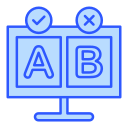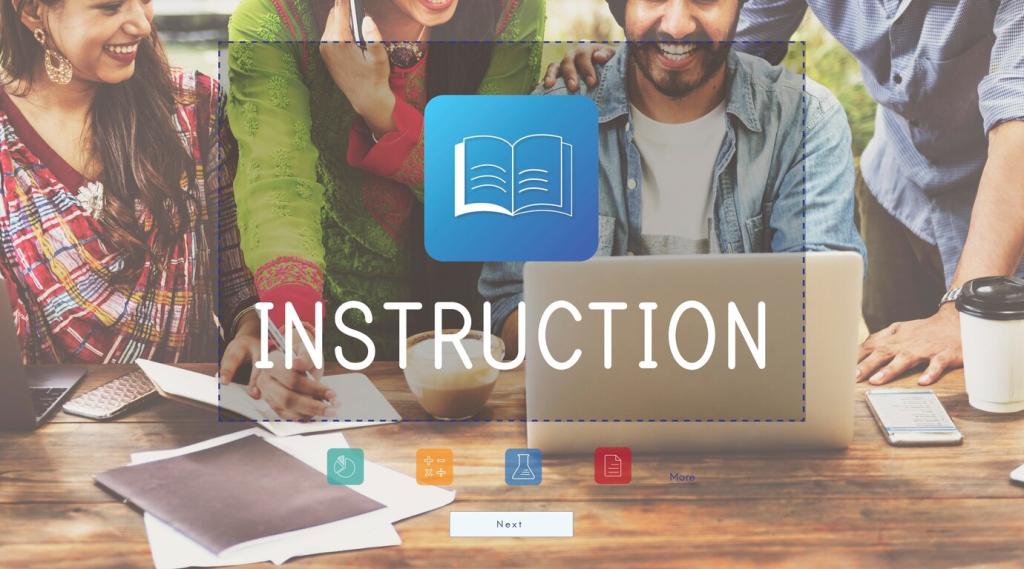Community, Mentorship, and Accountability
Healthy communities have clear rules, active moderators, and zero tolerance for gatekeeping. Browse threads: are beginner questions answered kindly? Introduce yourself early, and ask one small question. Share a welcoming community you’ve found for newcomers.
Community, Mentorship, and Accountability
Weekly mentor check-ins, regex-free explanations, and review cycles keep beginners moving. Ask how mentors track progress and personalize guidance. If mentors only post links, that’s not mentorship. Vote in our poll on the most helpful mentor habit.







